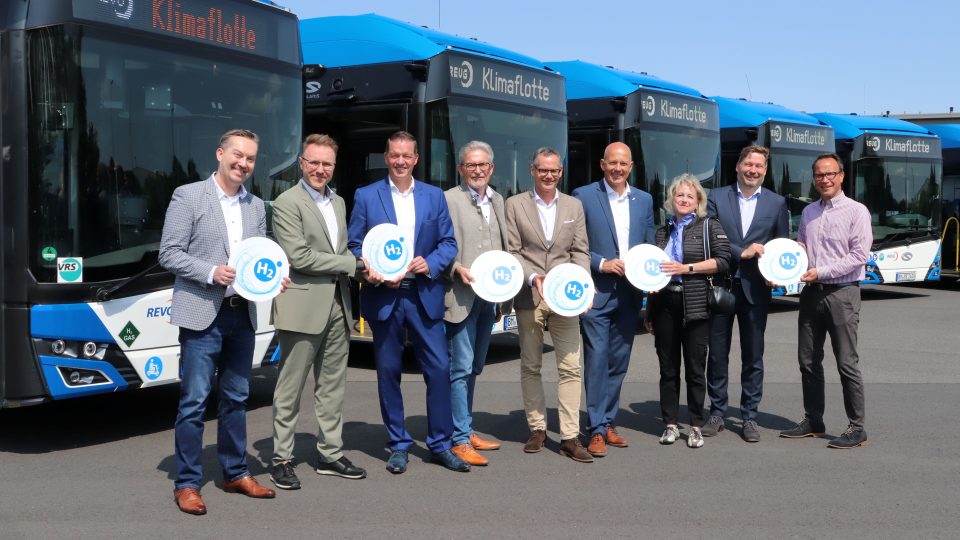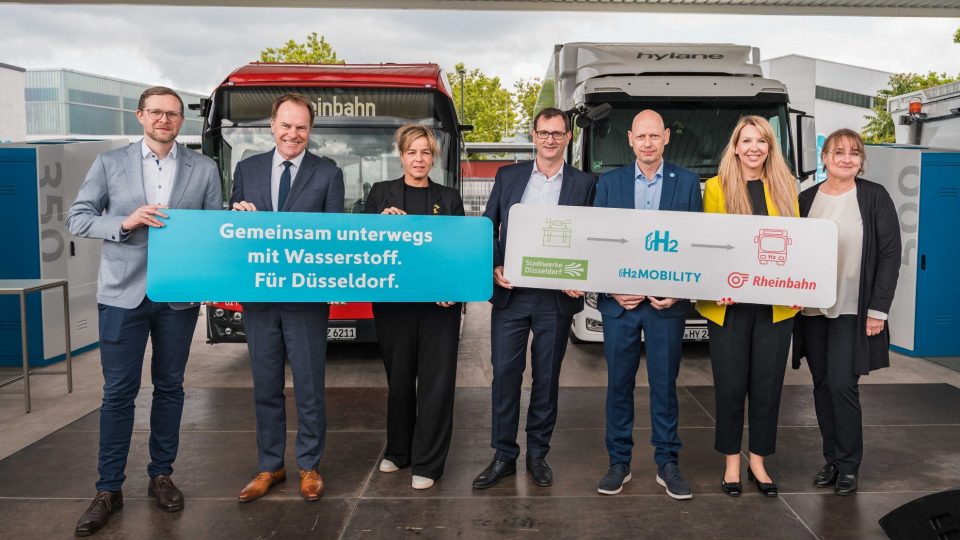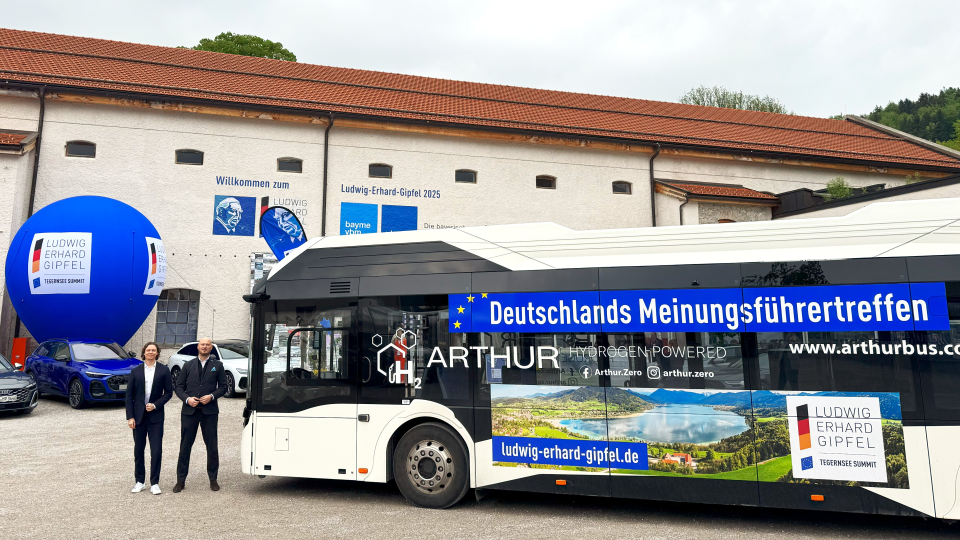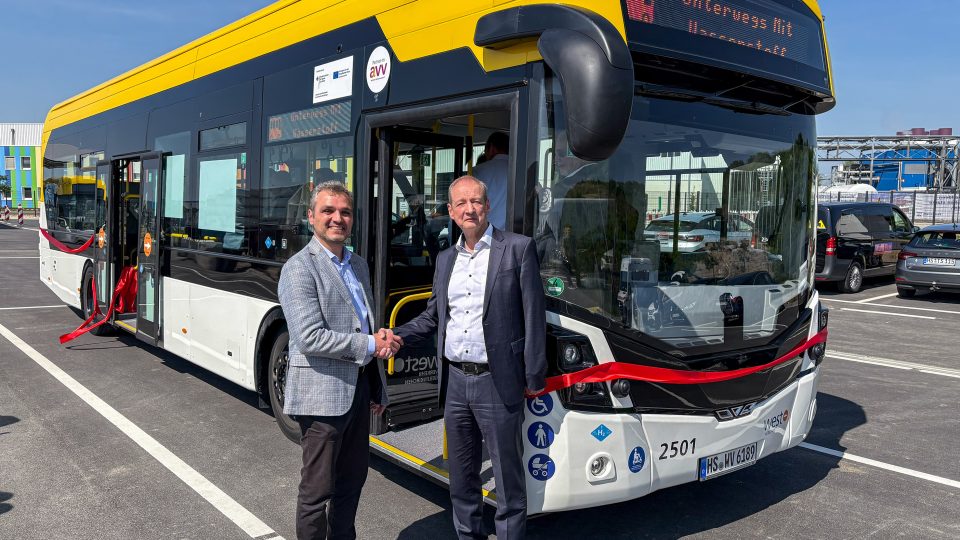South Korea ready to adopt 624 hydrogen-powered buses by 2025
South Korea‘s two port cities, Busan and Ulsan, along with the southern province of Gyeongsang will adopt a total of 624 hydrogen fuel cell buses with the ultimate goal of replacing public buses with internal combustion engines by 2025. The Ministry of Environment, as reported by Ajudaily said that the department has signed a cooperation […]
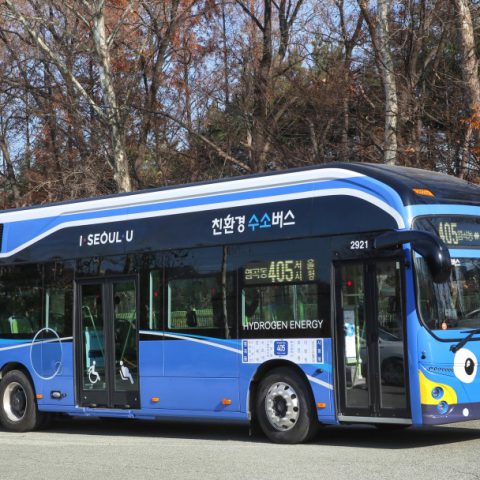
South Korea‘s two port cities, Busan and Ulsan, along with the southern province of Gyeongsang will adopt a total of 624 hydrogen fuel cell buses with the ultimate goal of replacing public buses with internal combustion engines by 2025.
The Ministry of Environment, as reported by Ajudaily said that the department has signed a cooperation agreement with Busan City, Ulsan City and South Gyeongsang Province and Hyundai Motor to adopt hydrogen buses. This is all thanks to state funding of about 300 million won, about $252,000.
As Ajudaily writes again, the environment ministry and Hyundai Motor will also collaborate to test a hydrogen fuel cell intercity bus. The eco-friendly long-distance bus will cover up to 101 kilometers (63 miles) per trip. The ministry and the automaker will collect data on noise, vibration, harshness, cost-effectiveness and performance of the bus through testing. And again: in order to establish a stable operation infrastructure of hydrogen buses, charging stations must be built. However, such stations were considered to be dangerous because of the general perception that they could explode. As of September 2021, only 112 stations were installed in South Korea. The environment ministry, Busan City, Ulsan City, and South Gyeongsang Province will jointly set up more than 3 hydrogen charging stations. More than 38 hydrogen charging stations will be built nationwide in 2022.
Reporter Kim Joo-heon ultimately writes that South Korea, which has a renewable energy dependency rate of 4.8 percent in 2020, is trying to achieve net-zero carbon dioxide emissions by 2050. Seoul has accelerated the adoption of hydrogen and electric buses as part of its eco-friendly project that aims to operate some 1,000 hydrogen buses and build 11 hydrogen fueling stations by 2025. In January 2021, Seoul also adopted 27 electric buses to replace diesel buses.




